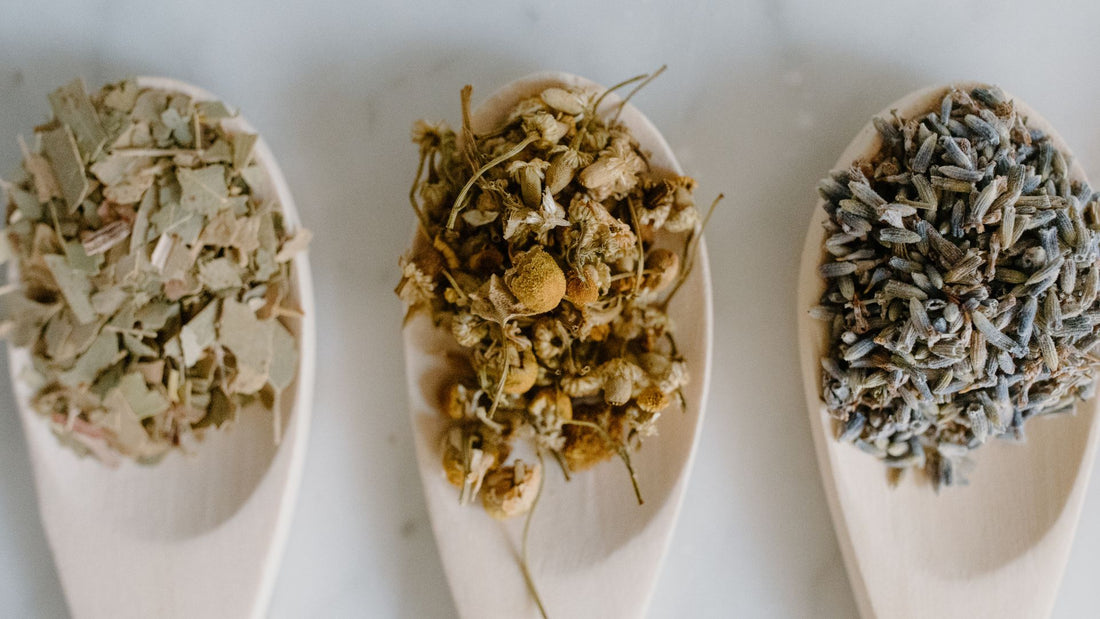Although the scientific research papers available for the effectiveness of herbs against specific illnesses are limited, it is estimated that two-thirds of the drugs we use today originate from a chemical derived from a plant.
- The contraceptive pill is derived from wild yams
- HRT is also derived from wild yams
- Pain killers are made with salicylic acid, found in White Willow Bark and Meadowsweet
- Digoxin is derived from foxglove
What you need to know is that when a pharmaceutical company discovers a chemical from a plant that may be useful in medicine, that research won’t be published. It is not required that these early-stage pieces of research be published. If they were, then all companies would be party to the same information and potentially give competitors a head-start on their own research. It’s not until the chemical from a plant is turned into a drug and tested on animals and then humans that those studies are published. And not even all of those are!! Ben Goldacre writes about this in his amazing book Bad Pharma and his book started a movement called All Trials which calls for all medical trials to be published. Despite laws being changed, hardly any pharmaceutical companies are held accountable, to this very day.
So we know that herbs contain active chemicals and those chemicals are what make them medicinal. Now let’s get into the nitty-gritty.
In western history, we have said that drugs are the natural evolution and improvement of herbal medicine and therefore abandoned traditional herbal medicine. This isn’t just because of the ‘scientific evidence’ but because of other things like politics and economics. In other countries, like China and much of Europe, they still recommend herbs first or alongside drugs. These are the usual reasons people think drugs are superior to herbs:
- You can control the dose of active constituents whereas herbs vary in chemical content depending on when they’re harvested, where they’re growing etc.
- You can give one chemical in isolation from others
Although drugs start with a controlled dose, once it enters the human body it is subject to any number of variables. This is well known and scientific research uses big trials to try and find the ‘average’ response. This is as accurate as research can get. But recently we have seen a growing movement to individualised medicine based on things such as gut flora. Seeing as the gut is where most drugs are absorbed and metabolised knowing the individual’s gut flora before dosing could be the key to better prescribing. This gives me great hope for a reduction in drug side effects in the future and expands on our current dose adjustments based on weight or age. Interestingly, we don’t often change drug doses based on sex even though it seems to be a considerable oversight that may be killing many women each year as per Caroline Criado Perez’s research in her book Invisible Women. So whilst we can control the dose before someone takes it, it’s very hard to know how much they will actually absorb and use.
Giving a chemical in isolation may seem at first to be the most scientific route, but it is not without side effects. For example, when salicylic acid is extracted from meadowsweet to make pain killers, it has the well-known side effect of potentially damaging the stomach and causing ulcers. Whereas, when salicylic acid is delivered via a whole-plant extract of meadowsweet you also receive gut-protective chemicals that prevent such a side effect. This natural wisdom of plants is lost when we extract individual chemicals.
Please be aware that this is not an argument that all plants are safe. Herbs can certainly kill you and there are some herbs that only qualified herbalists can use because the medicinal dose is relatively close to the toxic one. But by and large, the difference between a medicinal dose and toxic one is so enormous that you could say it doesn’t exist in most herbs.
When herbs are used with knowledge and reverence it seems they are a whole lot less likely to kill you than drugs. That is why I would like us to move to a new/old way of prioritising the treatments for illnesses like this;
- Firstly: Diet/Lifestyle changes
- Secondly: Herbs
- Thirdly: Drugs
- Lastly: Surgery/chemotherapy
Drugs and surgery are a wonderful addition to our medicinal options, but they don’t have to be our first line of defence. We could save the NHS so much money by educating about eating well and making grants available for healthy eating to those who can’t afford it than we currently spend on supporting things like heart disease and arthritis later in life with drugs and surgery.
I implore you to leave comments below with any further questions you might have, especially if I haven't convinced you of herbal medicines efficacy.

